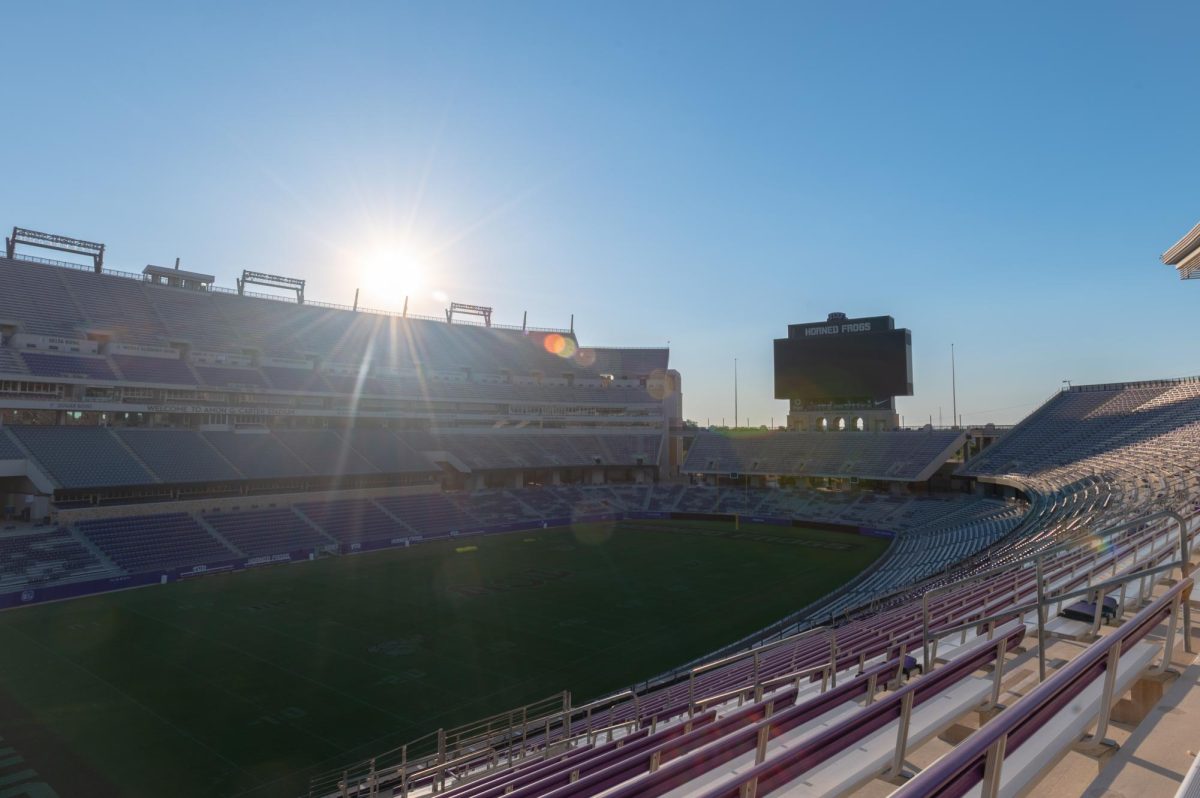Socioeconomic status, gentrification and police brutality– these are a few of the topics discussed in the first race and culture task force town hall meeting. The committee said that during this forum they would not be answering questions, they used the event to invite residents to voice their opinion on one central question: What issues should the task force address next year? But the meeting was also marked by a tone of skepticism aimed at Fort Worth Mayor Betsy Price and other Fort Worth officials. Some in the audience dismissed the process, questioning not only the task force but even the choice of venue, the First Presbyterian Church. Tuesday’s gathering should have been held in a neutral place for blacks and non-church goers rather than a predominantly white church, said one speaker. He said it was irresponsible for the task force to try and address issues that relate to race and culture without addressing what a safe space is. He said all residents should feel welcome to join the discourse. Some speakers looked back at previous council meetings and said those meetings set a tone of dismissiveness on the part of city officials. Anrya Cano, a youth minister at Iglesia Bautista Victoria en Cristo, spoke of Price’s demeanor when protesters unsuccessfully appealed to the city council to join a court fight against a state law that allows police to ask questions about immigration status and citizenship. Cano said the meeting ended on a “sour note” because Price felt the need to state “she was not a racist and all night that was all she heard.” She said Price “didn’t care to hear the voices of hurt, the voices of fear.” Other speakers shared Cano’s sentiment. Another recalled that during a prior forum centered around race when residents voiced their concerns, Price referred to her constituents’ complaints as a “b—- fest.” The speaker felt that this might make some residents hesitant to speak up. Another speaker said that minorities don’t always feel included in Fort Worth’s prosperity. And added the saying “the Fort Worth way” only applies to a select group of people. The speaker used the term mobilization to portray the distribution of wealth in Fort Worth and “how it appears that there is only one group of people that are moving forward.” The resident used the increasingly popular areas such as West 7th and Magnolia Street as examples of gentrification. She said although she’s a patron at the facilities, she doesn’t see people who look like her. The 23-member task force was created by the city council in August to develop a resolution for issues related to race and culture in Fort Worth. They will advise Mayor Price, City Manager David Cooke and the Fort Worth City Council on ways to promote racial and cultural equity.
Categories:
Fort Worth race and culture task force asks for community input
Published Oct 10, 2017



